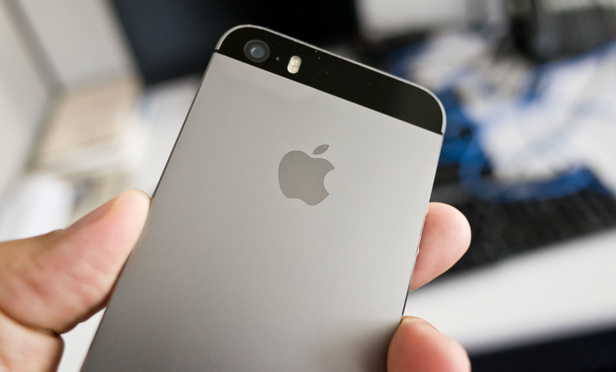
Apple is being sued for introducing a feature in its mobile operating system that uses mobile data when wi-fi coverage is weak.Wi-fi Assist first appeared in iOS9 and allows devices to automatically switch between wi-fi and mobile data.
A class-action lawsuit filed in California alleged that some people had run up large mobile data bills as a result of the feature, which was enabled by default.
Apple declined to comment.
Wi-fi Assist is designed to give people a more seamless internet experience as they leave an area with wi-fi, or if the signal is weak.
By default, most smartphones exclusively use a wi-fi connection to access the internet if one is available – helping keep people within their mobile data allowance.
But prioritising wi-fi can result in periods of poor connectivity – for example when leaving home – while a smartphone judges whether the wi-fi is still available, before reverting to mobile data.
Some Android handsets have a similar setting, such as Samsung’s Smart Network Switch, which is switched off by default.
According to tech blog AppleInsider, the complainants filing the lawsuit said Apple had not properly explained the potential consequences of Wi-Fi Assist.
They alleged the “overall amount in controversy” exceeded $5m (£3.25m), because so many people could be affected.
Apple’s support website currently warns customers that they “might use more cellular data” if they leave the feature enabled.
“For most users, this should only be a small percentage higher than previous usage,” the website says.
“Apple could have put a pop-up notice on the phone to explain what had changed,” said Daniel Gleeson, mobile analyst at IHS.
“But you know as well as I do that nobody reads all those pop-ups when updating their device.
“Most Apple customers will be in a premium tier with a big data bundle, so the number of customers receiving bill shock should be quite small. But it could be a bigger issue internationally where more people use pre-paid tariffs.”
